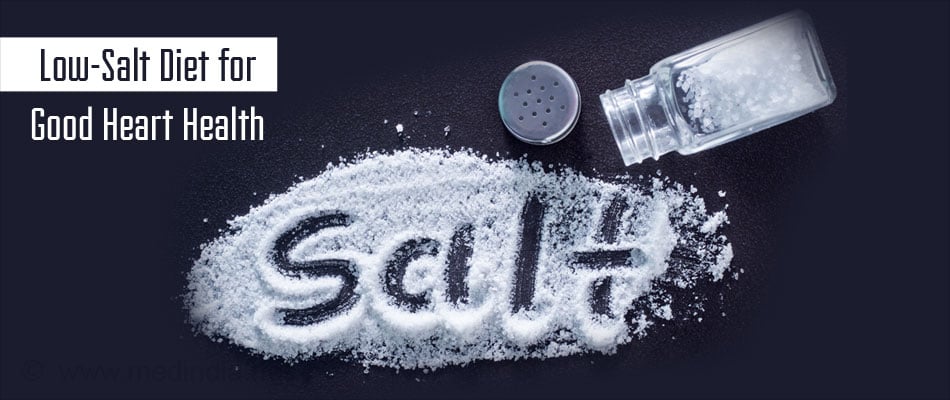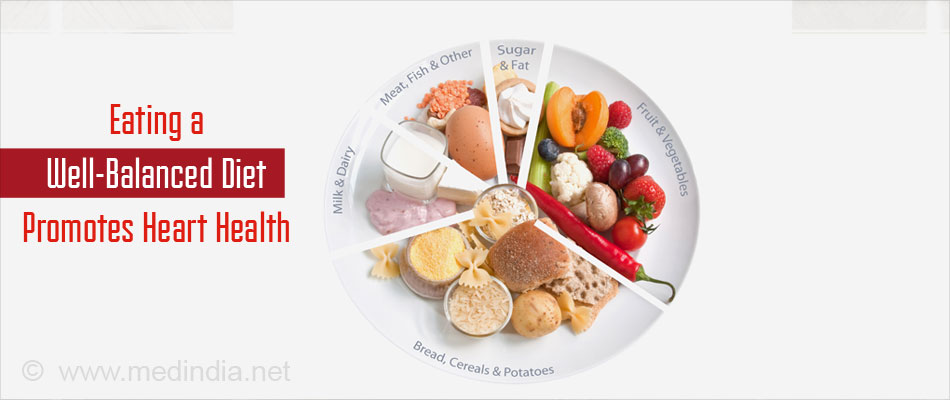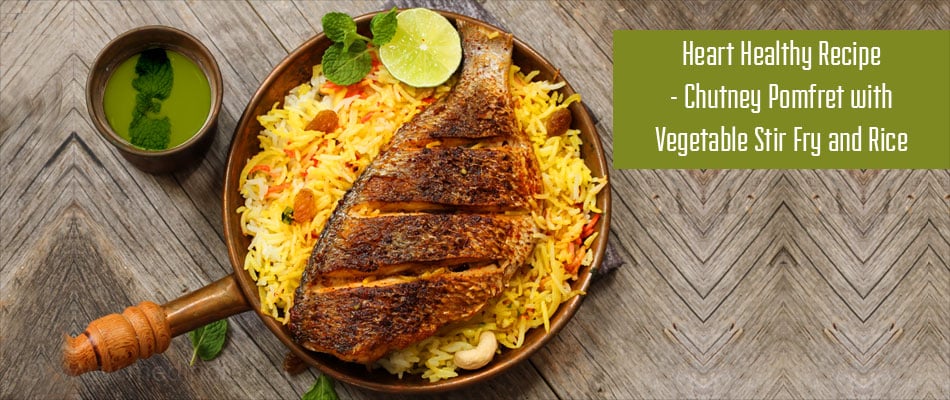- Serving Sizes and Portions - (http://www.nhlbi.nih.gov/health/educational/wecan/eat-right/distortion.htm)
- The Principles of Mindful Eating - (http://thecenterformindfuleating.org/principles-mindful-eating)
- Smoking - (https://www.bhf.org.uk/heart-health/risk-factors/smoking)
- Omega-3 fats: Good for your heart - (https://medlineplus.gov/ency/patientinstructions/000767.htm)
- Fish and Omega-3 Fatty Acids - (http://www.heart.org/heartorg/healthyliving/healthyeating/healthydietgoals/fish-and-omega-3-fatty-acids_ucm_303248_article.jsp#.v-qw9ch95he)
- YOUR GUIDE TO A Healthy Heart - (https://www.nhlbi.nih.gov/files/docs/public/heart/healthyheart.pdf)
- Can antioxidants in fruits and vegetables protect you and your heart? - (http://www.heart.org/heartorg/healthyliving/healthyeating/nutrition/can-antioxidants-in-fruits-and-vegetables-protect-you-and-your-heart_ucm_454424_article.jsp#.v-qyzyh95he)
Heart Disease
"Health requires healthy food." - Roger Williams
Coronary heart diseases or in simple words heart diseases occur when the arteries get narrow or hard due to an accumulation of plaque which is a buildup of cholesterol, fat and other substances. This can lead to cardiac arrests and many other heart ailments. Thus, taking good care of your heart is extremely indispensable.
According to the American Heart Association, cardiovascular disease is the leading cause of deaths globally, accounting for more than 17.3 million deaths per year (as per 2015 statistics). According to the World Health Organization, 28% of all deaths in India are because of heart diseases.
The food we eat have a very instantaneous and lasting impact on our heart health, and thus modifying and improving our food choices can go a long way in preventing or controlling heart ailments.

Here are the Top 8 Tips for Heart-Healthy Eating
Know your Fat Lessons
We all know that fat is number one concern when it comes to heart health. It’s vital to know what type of fat is better and what amount of fat can be consumed. It’s highly suggested to go on a low-fat diet i.e. have less than 20-25g of visible fat per day- which is around 4-5 teaspoons. When choosing fat, avoid saturated ones as much possible. In simple words, saturated fats are the ones which are solid at room temperature. It’s also advisable to have a good ratio of Monounsaturated fatty acids (MUFA) to Polyunsaturated fatty acids (PUFA) which means taking olive or rice bran oil on a few days of the week and opting for canola or sunflower oil on the rest of the days is a good option.
Pick Omega-3 Fatty acids
Not only fishes are good sources of omega 3 fatty acids, but also other foods like walnuts, flax seeds, flax seed oil, chia seeds, canola oil and soybean contain fair amounts.
Omega-3 fatty acids are a type of PUFA and are known to reduce triglycerides, a fat found in the blood. They also reduce the risk of irregular heartbeat and slow down the formation of plaque, if it’s building. Moreover, they also help in maintaining blood pressure.

Choose Low Cholesterol Foods
Many people fail to understand what cholesterol actually is and we find many deceptive advertisements that confuse people more. Cholesterol is an amalgamation of two terms (chole= bile and sterol= lipid), which means fat synthesized from bile. This clearly indicates that cholesterol can be found only in animal foods. Now that doesn’t mean plant foods can’t give you cholesterol, because our body produces much more depending on our diet and hence we need to be careful at all times. Talking about foods that contain cholesterol, they include all animal products like egg, liver, meat, milk, butter, and ghee. Each food has a certain amount of cholesterol and hence we need to eat them in moderation.
Here are a few tips to reduce cholesterol intake:
- Avoid egg yolk since it has high cholesterol content. Opt for egg whites instead.
- Shelled fishes have more cholesterol, and thus need to be avoided. Choose oily and fleshy fishes since they contain Omega-3 fatty acid which helps in maintaining heart health and prevents blockages.
- Opt for lean cuts of chicken. Avoid parts that have fat attached. Also, bony areas like thigh or wings have more cholesterol as compared to fleshy areas like the breast.
- Avoid red meat and organ meats since they are extremely high in cholesterol. For instance, our cholesterol intake per day shouldn’t exceed 250-300 mg whereas 100g of liver alone gives more than 2000 mg of cholesterol.
Increase Your Fiber Intake
Basically fiber isn’t absorbed well in our body and thus gets excreted from the system without undergoing much change, but it does help in reducing cholesterol levels are here’s how- it has receptors that extract cholesterol from low density lipoprotein (LDL) and binds it with itself and thus it is eliminated along with fiber from the body. It is suggested to have 30g of fiber daily which can come from whole grain cereals, fruits and non-starchy vegetables.
Cut Down on Sodium
According to the American Heart Association, sodium holds excess fluid in the body and thus increases blood pressure, which thereby increases risk of coronary diseases and heart failures. It is suggested to reduce sodium to 2g/day to avoid complications.

Snack Right
People tend to skip mid meals which result in overeating later. To maintain metabolism and avoid overconsumption, it’s suggested to have at least 2-3 mid meals a day. Opt for simple healthy options like popcorn without butter, unsalted sunflower seeds, walnuts, almonds, carrots, milk with a few nuts, non-fat yogurt, fruit chat, and sprouts. Avoid processed and canned foods since they are high in sodium and not always heart friendly. Avoid aerated and zero calorie drinks since many contain artificial sweeteners which do more harm than good.
Eat Smart
Eating healthy alone is not important in managing or cutting the risk of heart diseases, what’s also important is to know how to eat and when to eat. Some of the tricks to eat smart are:
- Balancing meals
Eating a well-balanced diet is very crucial. For example, know the amount of fat permitted and distribute it throughout the day. Having it all at once and then opting for boiled food isn’t wise, since the extra fat will not be taken up immediately and will be stored in the body, thus increasing the chances of heart diseases. Each meal should be a perfect combination of some carbohydrate, protein, some vegetables for vitamins and antioxidants, little fats and nuts/oil seeds. Something like paneer/egg/chicken/ soy wrap with curd, vegetables and sesame seed dip can be opted for breakfast/snack.

- Learn about portion control
If someone is suffering from heart disease in combination of obesity, this concept is a must know for him. Many people confuse between serving size and portion size, especially when buying packaged foods. One serving is the standard amount set for that particular food, whereas portion is the amount actually consumed. For example, one pack of biscuits may have several servings, but counts as one portion. Since many don’t understand this, they end up consuming more than one serving at once, which can lead to excess calorie intake. To understand it better, it’s advisable to read the food labels, check the amount and match with one serving size.
- Mindful eating
When food is eaten in a rush, it’s consumed more than needed. Mindful eating is also known as conscious eating, and it’s a concept that helps in controlling the amount consumed. The idea is to eat slowly, chew more and focus on what’s being eaten, this builds positivity and consciousness and thus helps in managing weight and preventing diseases.
- Choosing right when eating out
One smart way to eat healthy (relatively) when dining out is to call for a salad first, this way you’d be partially full and won’t indulge in oily or high-calorie food later.
- Choosing the correct utensils
This may sound feckless, but it actually helps in eating the right quantity. When we choose a big plate or bowl for our meals, there’s a tendency to take more food than needed. The trick is to opt for smaller plates and other utensils which will automatically reduce the portion size and thus help in weight management.
- Cook smart
Often the cooking methods we adopt are the reasons for various ailments. Try to invest in nonstick utensils so that oil consumption can be controlled. Also, choose iron vessels as they’ve been known to increase the iron content of the food. Unlike the common belief, both shallow frying and deep frying take almost equal amount of oil and should be avoided. Instead of frying foods, use other cooking methods such as steaming, poaching and baking that require little or no fat.
Relish Juicy Fruits and Vegetables
Lastly, but most importantly, have at least 5-6 servings of fruits and vegetables every day. They contain numerous vitamins and minerals along with antioxidants which help in fighting free radicals that often cause heart diseases and cancer. It’s suggested to opt for local and seasonal variants.

Following these tips will definitely help in keeping heart diseases at bay. Smoking is one of the leading causes for heart diseases as it damages the lining of arteries resulting in fatty build up. Quitting smoking is one of the most effective ways to cut down the risk of cardiovascular ailments. Alcohol can raise triglycerides in the blood. It can also lead to heart failure, hypertension, obesity and stroke. Hence, it’s advised to decrease alcohol consumption. Don’t forget to indulge in a minimum of 150 minutes of moderate or 75 minutes of vigorous intensity exercise per week, which is according to WHO recommendations.
Heart Healthy Recipe
Marinated Pomfret with Stir Fried Vegetables and Rice
Ingredients
For the chutney
- Mint- few stalks
- Spinach- one small bunch
- Green chilies- 2 small
- Garlic- 3-4 flakes
- Ginger- ½ an inch size
- Lemon- Half
Other ingredients
- Pomfret- 2 medium sized
- Boiled rice- 50g
- Bell peppers- 2 medium sized
- Onions- one large
- Broccoli- 4-5 small florets
- Tomato puree- 3-4 tbsp
- Honey- 1 tsp
- Chili flakes- as per taste
- Walnuts- 2-3 whole
- Oil- 5-7 g
- Salt- as per taste

Method
- Prepare a thick chutney using the ingredients mentioned and marinate the fish for around 10 minutes. Steam the fish till done.
- Boil rice and keep ready.
- Take some oil in a non-stick pan, fry all the vegetables for a few minutes, add tomato, honey, salt and mix well. Sprinkle chili flakes. Add walnuts and sesame seeds to garnish.
- Assemble the rice along with the stir fry and place the fish on the top.







